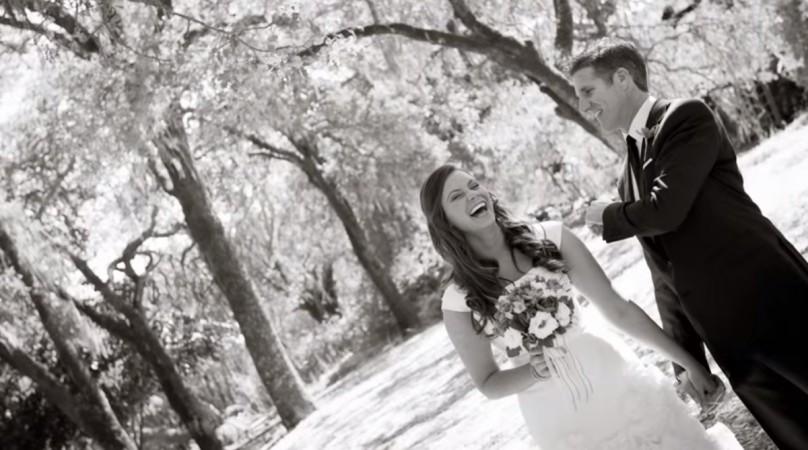
Brittany Maynard's decision to end her life on her own terms before her lethal disease disintegrated her very essence, and her advocacy for "death with dignity" is what put her in the limelight. She has, as intended, ended her life at the age of 29, with the blessing of her closest family and friends.
When it comes to death, and taking one's own life, there are many ethical arguments and values raised by pro-life activists and religious readers alike. Maynard's case is no different. Her choice of death had inspired raging arguments about the values and underlying choices we make about our last days. However it is important to keep in mind that to put yourself in the shoes and mind-set of a person in the process of a slow and cruel death is next to impossible.
Especially in the case of Maynard, she has said time and again that there is not a single suicidal cell in her body and that her choices were purely a moral act. Even as a child her zest for life was evident, her mother Debbie Zielger told People. Not only was she a lover of life, but she was also perseverant and determined, which explains how she was able to stick to her brave choice, amid definite backlash and emotional throwbacks. "Everything she tried I would say, 'I wouldn't do well with this,' but that didn't stop her," reveals Zielger.
Her choice even inspired the death with dignity movement, which hopes to "influence this policy (on physician-assisted dying) for positive change."
What needs to be understood is that Maynard's choice is popular among many patients of fatal diseases. According to Views on End-of-Life Medical Treatments, a research survey released by Pew Research, two-thirds (66%) of Americans are of the opinion that there are some situations, in which doctors and nurses should allow a patient to die.
While it is utopic to imagine a perfect world where people pass away peacefully, the ugly truth is that certain diseases are so disempowering that patients feel it is better to commit suicide. In fact, with the absence of a humane choice, more people are ending their lives by voluntarily stopping eating and drinking (VSED).
"Goodbye to all my dear friends and family that I love. Today is the day I have chosen to pass away with dignity in the face of my terminal illness, this terrible brain cancer that has taken so much from me... but would have taken so much more. The world is a beautiful place, travel has been my greatest teacher, my close friends and folks are the greatest givers. I even have a ring of support around my bed as I type. ... Goodbye world. Spread good energy. Pay it forward!" read her goodbye message.

















